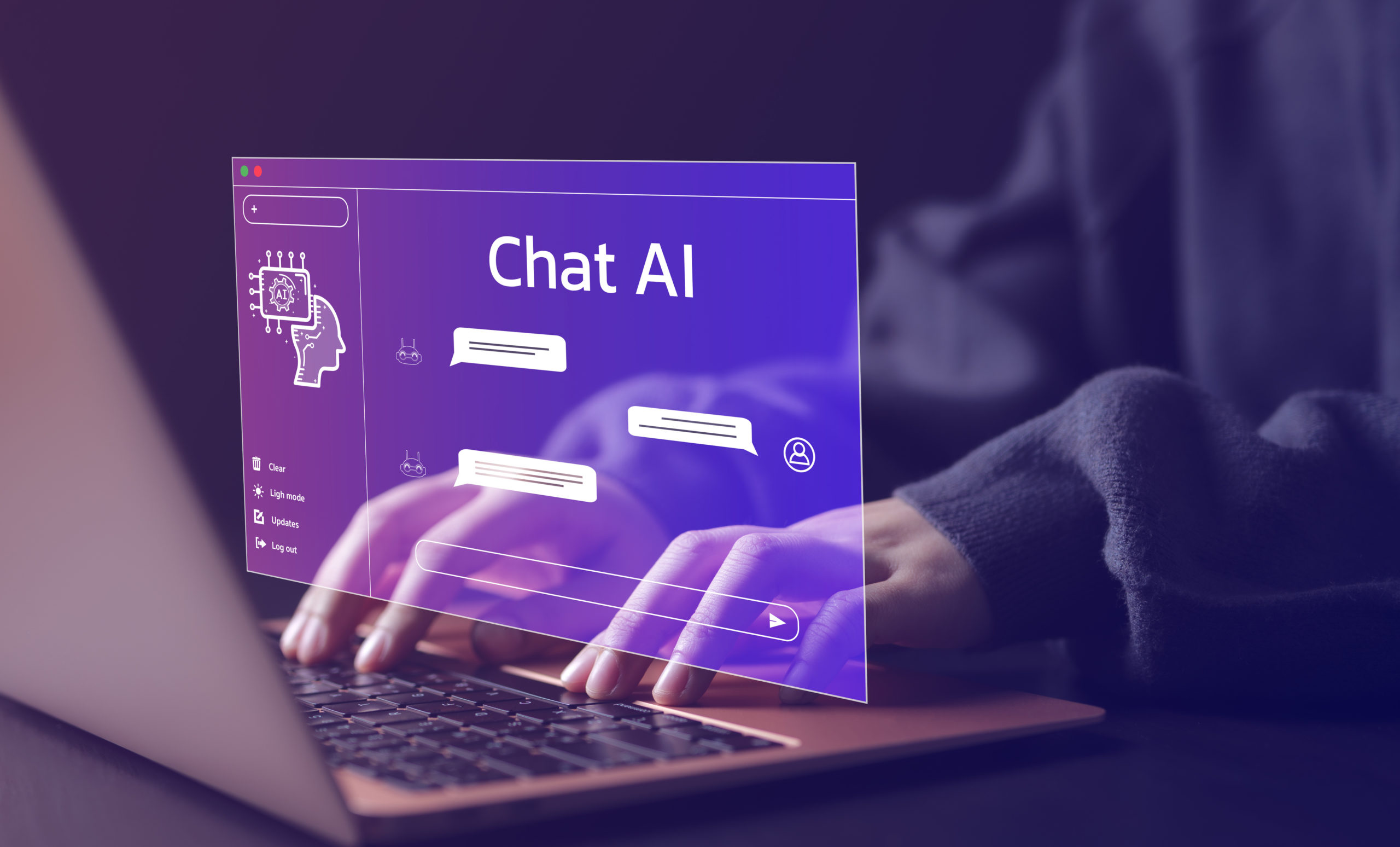Top 10 ChatGPT Integration Solutions for Business Automation
 Alias Ceasar
Alias CeasarIn the modern digital landscape, efficiency is everything. Businesses are under increasing pressure to deliver faster, reduce operational costs, and maintain excellent customer service. One of the most powerful tools enabling this transformation is ChatGPT, OpenAI’s advanced language model that excels at understanding and generating human-like text.

By integrating ChatGPT into various business processes, companies can automate repetitive tasks, enhance customer experiences, and boost overall productivity. In this blog, we explore the top 10 ChatGPT integration solutions that are revolutionizing business automation across industries.
1. Customer Support Chatbots
One of the most common and impactful uses of ChatGPT is in customer service. ChatGPT can be integrated into your website or helpdesk platform to handle routine queries, provide product information, and even troubleshoot common issues.
Benefits:
24/7 availability
Reduced load on human agents
Instant responses
Popular Tools: Intercom, Zendesk, Freshdesk with GPT plugins.
2. Automated Email Handling
Businesses deal with hundreds of emails daily—from customer inquiries to internal requests. With ChatGPT, companies can automate responses, draft replies, or even classify and route emails based on content.
Benefits:
Time-saving
Improved response time
Consistency in communication
Integration Options: Gmail API + Zapier + ChatGPT or Microsoft Outlook with Power Automate.
3. HR and Recruitment Automation
ChatGPT can assist HR teams by screening resumes, drafting job descriptions, and even conducting preliminary chatbot interviews with candidates.
Benefits:
Faster hiring process
Reduced bias
Enhanced candidate experience
Tools in Use: Greenhouse + ChatGPT, Workable AI Assistant.
4. Internal Knowledge Management
Large organizations often struggle to manage and retrieve internal knowledge. ChatGPT can serve as an AI-powered assistant that helps employees find documents, understand company policies, or get training support.
Benefits:
Quick access to information
Reduces onboarding time
Empowers self-service
Use Case Tools: Notion AI, Confluence with GPT integrations.
5. CRM Automation
By integrating ChatGPT with your CRM (like Salesforce or HubSpot), you can automate follow-up messages, summarize customer interactions, and suggest next steps for sales teams.
Benefits:
Improved sales pipeline
Personalized customer engagement
Better time management for sales reps
How It Works: API-based integration to pull conversation data and process it with GPT.
6. E-commerce Virtual Assistants
ChatGPT can act as a virtual shopping assistant on e-commerce websites, helping users find products, explain features, and guide them through checkout.
Benefits:
Increased conversion rates
Better user experience
Reduced cart abandonment
Popular Platforms: Shopify + ChatGPT, WooCommerce via custom plugins.
7. Content Generation & Marketing
From drafting blog posts to generating product descriptions or even ad copy, ChatGPT can significantly reduce the time marketing teams spend on content creation.
Benefits:
Scalable content production
Consistent tone and voice
SEO optimization with AI suggestions
Best Tools: Jasper.ai, Writesonic, Copy.ai (powered by GPT).
8. Data Analysis and Reporting
ChatGPT can analyze structured data and generate readable summaries or insights, turning spreadsheets and dashboards into understandable narratives.
Benefits:
Easier decision-making
Automated weekly/monthly reports
Non-technical team members can access insights
Example Integration: Google Sheets + GPT via Zapier or custom Python scripts.
9. Meeting Summarization and Note-taking
For remote and hybrid teams, ChatGPT can automatically generate meeting summaries, action points, and follow-ups from recorded calls or transcripts.
Benefits:
Accurate meeting records
No need for manual note-taking
Easy reference and distribution
Common Integrations: Zoom + Otter.ai + GPT, Microsoft Teams with Loop.
10. IT and DevOps Automation
Technical teams can use ChatGPT to generate code snippets, answer technical queries, document APIs, and even automate troubleshooting tasks.
Benefits:
Reduces manual workload for developers
Speeds up onboarding of junior staff
Streamlines DevOps workflows
Tool Examples: GitHub Copilot, Postman + GPT, internal DevOps chatbots.
How to Integrate ChatGPT into Your Business Workflow?
There are multiple ways businesses can integrate ChatGPT into their systems:
Via API: Use OpenAI’s API to build custom solutions tailored to your needs.
Through Automation Tools: Platforms like Zapier, Make (formerly Integromat), and Power Automate allow easy no-code or low-code integration.
Third-party Apps: Many SaaS platforms now offer built-in GPT support or plugins.
Custom Development: For complex systems, you can build internal tools that interact with ChatGPT via secure APIs.
Choosing the Right Integration Strategy
When selecting how and where to implement ChatGPT, consider:
Business goals: Identify areas where automation adds the most value.
Data sensitivity: Ensure compliance with data privacy laws (GDPR, HIPAA, etc.).
Scalability: Choose solutions that can grow with your operations.
User experience: Make sure the AI output feels natural and helpful.
Conclusion
ChatGPT is transforming the way businesses operate by unlocking new levels of automation, efficiency, and intelligence. Whether you’re looking to streamline customer service, generate content, or automate internal workflows, there’s a ChatGPT integration solution tailored to your needs. As AI continues to evolve, embracing these ChatGPT Integration Solutions now can position your business for sustained success in a competitive market.
Subscribe to my newsletter
Read articles from Alias Ceasar directly inside your inbox. Subscribe to the newsletter, and don't miss out.
Written by
